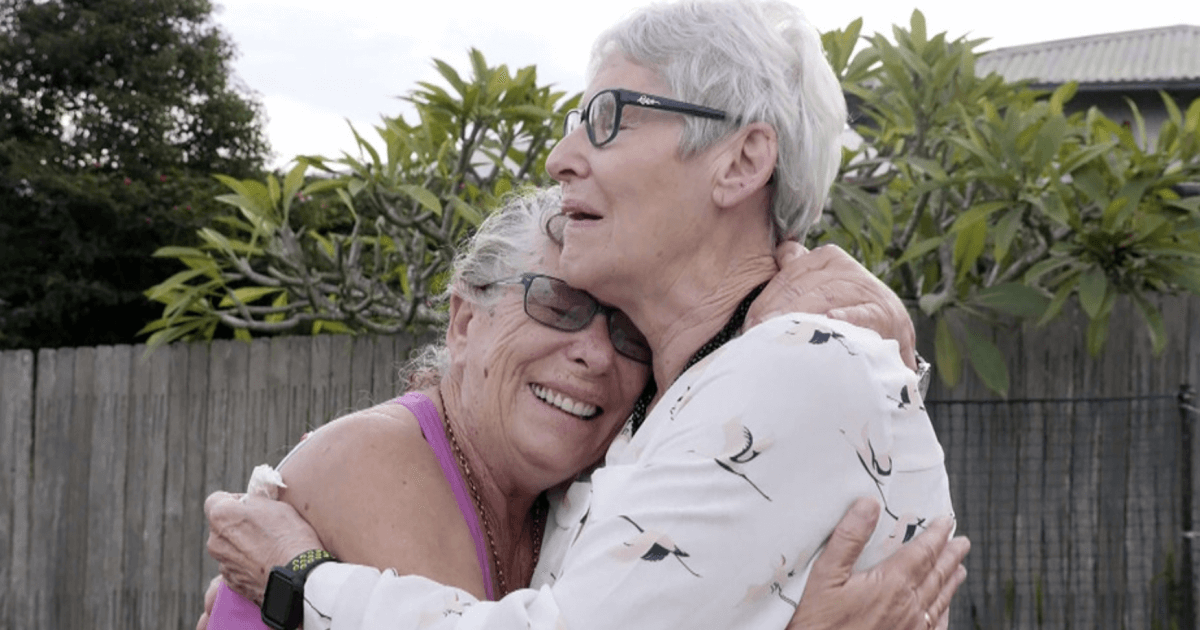Family support is important during cancer diagnosis but that support is complicated once a pandemic enters the equation.
"Then having a global pandemic hit where you can’t touch, hug or be in close contact with someone you love with cancer is surreal," says an Instagrammer, who goes by "Stace," on a post about how COVID-19 has affected her dynamic with her brother. She posted pictures of her brother, who was diagnosed with Acute Lymphoblastic Leukemia, and his wife.
Read MoreSiblings Show Support in Different Ways
RELATED: Ovarian Cancer Survivor on How Family Helped Her Cope
"You don't know what to do when you're on the other side, when you're the caregiver. What should I do? What shouldn't I do? My best advice around that is just to be there, just to listen, to hug and to hold, and cry together," said Charlotte ovarian cancer survivor Diana Fasion in a previous interview with SurvivorNet. During COVID-19, it is difficult for some family members to do such but for those in the same household, they are trying to show up for their loved ones in different ways.
Some cancer patients might not have their siblings to lean on presently, but others have seen support through actions of people shaving their heads in solidarity with siblings, who are going through chemotherapy.
A woman in New Zealand shaved her head in solidarity with her sister, who was diagnosed with Acute Lymphoblastic Leukemia and had to undergo treatment alone because of COVID-19 restrictions.
Learn more about SurvivorNet's rigorous medical review process.


